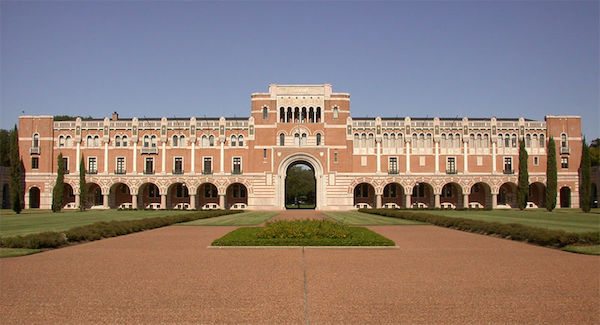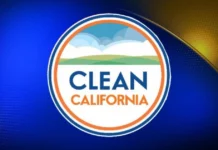Vidya Sethuraman
India Post News Service
First-time college enrollment has fallen during the pandemic, highlighting the impact of the economic downturn as well as the crushing weight of $1.7 trillion in loan debt held by more than 43 million student borrowers. Advocates argue that cancelling $50,000 per student would leave 75 percent of borrowers free of debt, helping the economy. President Biden recently made waves by saying he would not support this approach. EMS briefing on March 5 discussed with students, policy makers and experts on the subject.
Rep. Ro Khanna, U.S. Congressman, 17th District (CA) commented briefly on the COVID relief bill that passed recently. He added that he was disappointed that the federal minimum wage from $7.25 to $15 an hour wasn’t passed. I don’t know any part of this country where someone can survive on $7.25,” he said. Talking about the Student loan program, Khanna said he had taken over a $100,000 loan for his graduate school education and was fortunate to have paid off in his late 30s.
He said student loans should be forgiven for Americans making less than $125,000 per year. We have the capacity to forgive those loans. Currently, some 43 million borrowers owe $1.7 trillion in student loans. We can pay for this by the Stop CHEATERS Act that would raise an estimated $1.2 trillion in revenue over 10 years, by investing $100 billion into the IRS over the next decade while imposing auditing and reporting requirements to prevent tax cheating from the wealthiest corporations and individuals. By forgiving the loan, we can reduce the burden on the next generation and progressives will continue to get this passed, said Khanna.
Kat Welbeck, Civil Rights Counsel, Student Borrower Protection Center based in DC said black families are much less likely than white families to have the money to help pay for their children’s education. Students at historically Black colleges may be paying more for their student loans. 90% of the Black students and 72% of Latinos take student loans.
Borrowers of color and women face particular hardship paying down their loan balances. Black borrowers with private student loans are almost four times more likely to fall behind due to economic hardship. Even high-earning Black borrowers, for example, default at a rate that’s seven times that of high-earning white borrowers. The impact of cancellation for millions of low-income and low-wealth borrowers particularly people of color will be massive, she said.
Joe Jaramillo, Senior Attorney at Housing and Economic Rights Advocates (HERA) has assisted hundreds of borrowers in California with managing student loan repayment and applying for relevant loan discharge and forgiveness options, particularly those from for-profit schools. Many were lured in with false and misleading promises of high-paying jobs but ended up saddled with tens of thousands of dollars in student loan debt and none of the advertised outcomes. African American and Latino students in particular are overrepresented in the for profit college sector. In an effort to help prospective college students avoid predatory schools and financing, HERA offers a multilingual curriculum on choosing a college and paying for higher education.
Andrea Campo and Gabe Stewart are two students struggling to stay financially afloat with student loans explained how these debts have impacted their lives. Andrea had a $13000 student loan and was denied the opportunity to work in a firm. I am not approved for credit cards, car loans and have suffered a lot due to this debt. She was identified as a dangerous employee with too high debt and lost her job opportunity. Gabe narrated his struggle due to his loans. This is a constant stress at the back of my head. I have been making the minimum payments, and my principal is growing bigger.
Because of the pandemic, the federal government has put all student loans that it owns in forbearance through Sept. 30, 2021. Student loan forgiveness would ease the financial burden that 43 million borrowers have long faced.







